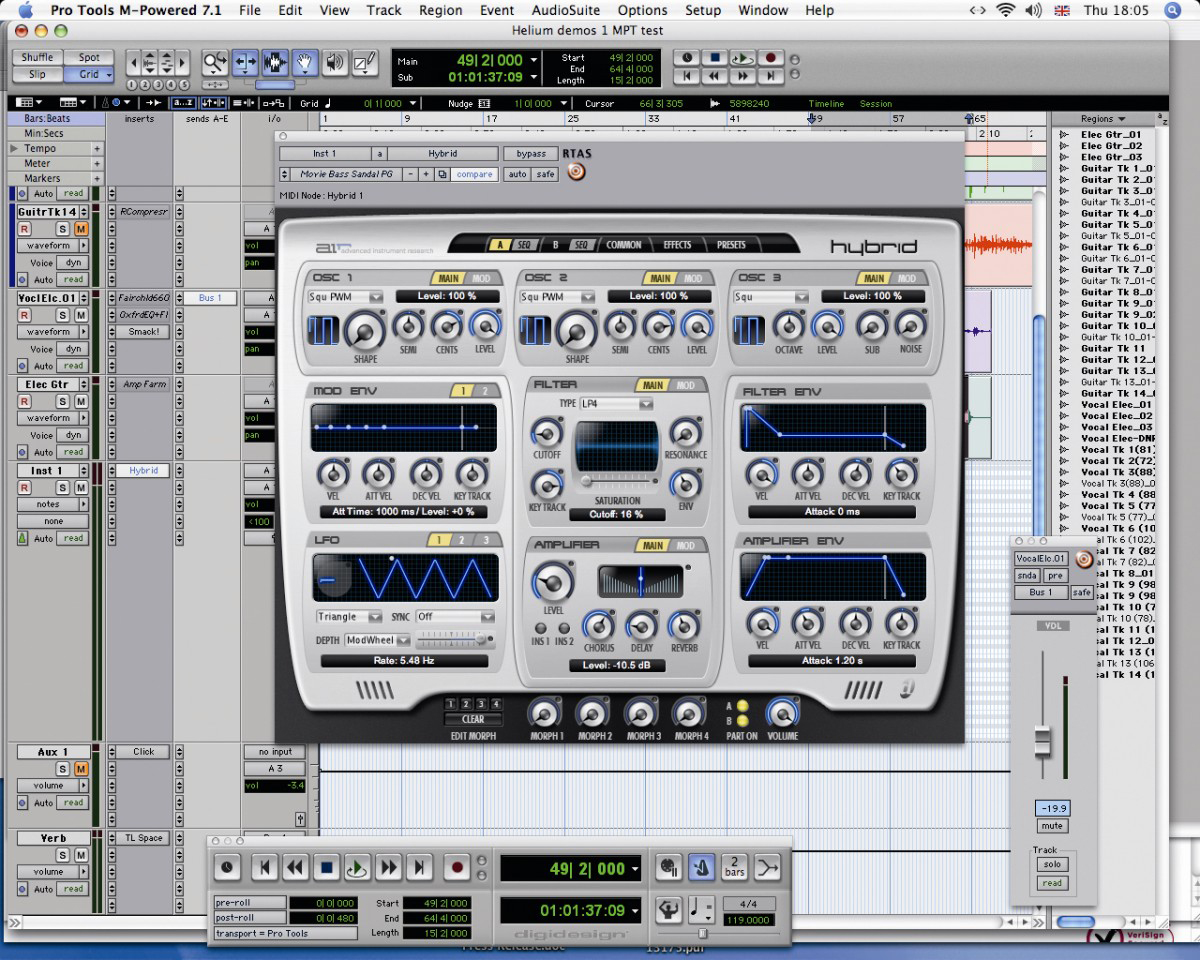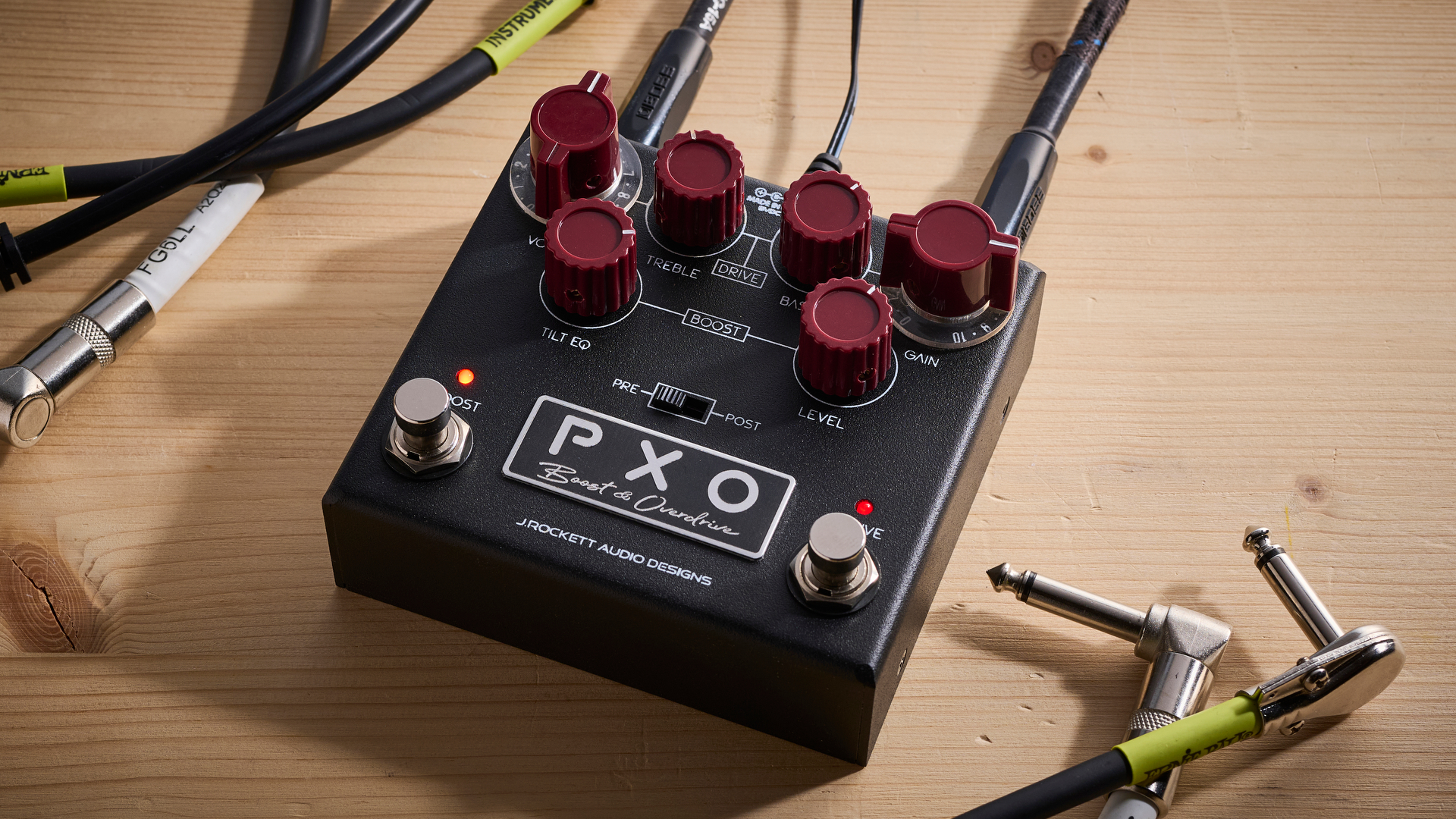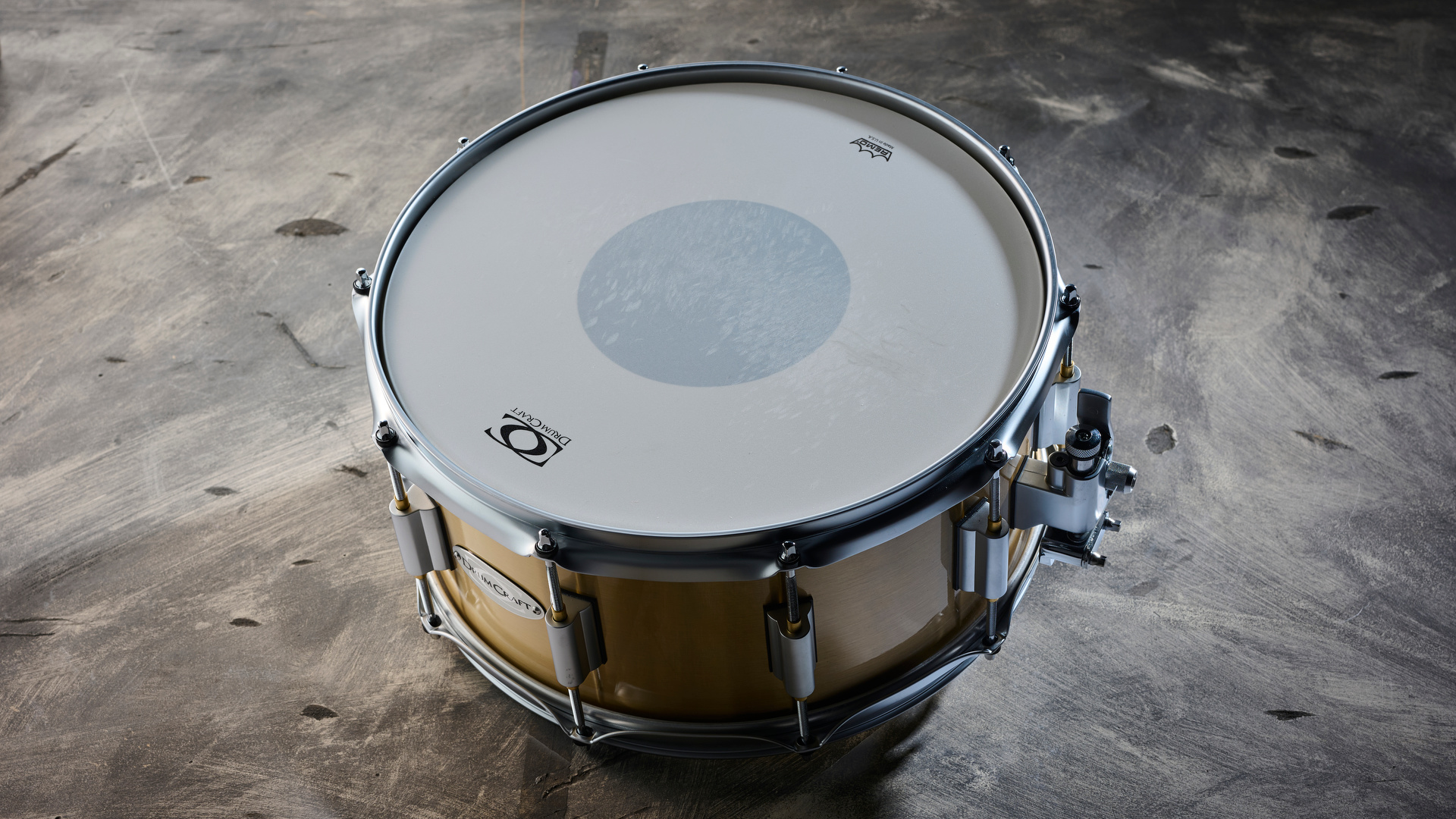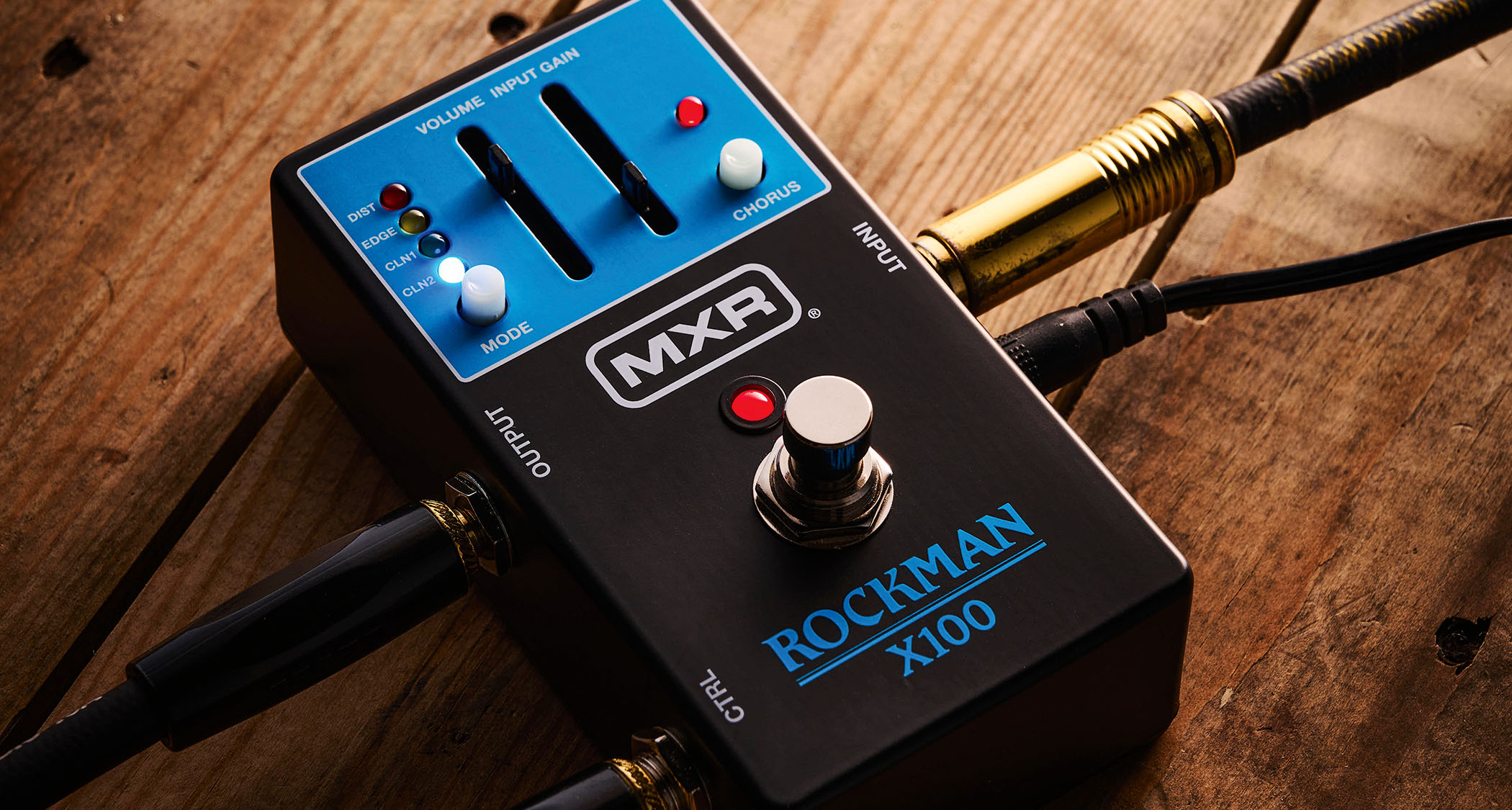MusicRadar Verdict
It's not cheap, but the Music Production Toolkit gives you a great way of improving your Pro Tools LE/ M-Powered setup.
Pros
- +
Doubled track count. The Hybrid synth and TL Space reverb are excellent. All the new features are genuinely useful.
Cons
- -
Price is relatively high. You have to upgrade to v7. A few more general purpose plug-ins would have been nice.
MusicRadar's got your back



There's always been a huge disparity between Pro Tools LE/ M-Powered and HD, and to make the jump from one to the other involves a level of investment that's far beyond most people.
As a result, there must be quite a few LE/M-Powered users who are frustrated with their lot, gazing longingly across at the greener grass of HD in the knowledge that they'll never be able to go there.
Fortunately, help is at hand, for we now have the clumsily named Music Production Toolkit (MPT). This is designed to bring some palliative relief to LE/M-Powered users by expanding their software's feature-set.
The only slight drawback is that you have to upgrade to PT version 7 (this costs £65), and on Mac be running OS X 10.4. So there could be a double - or even a triple - hit on your wallet.
Just a few years ago, a 24-track studio was the height of recording luxury, but these days 24 audio tracks are rarely enough (as many LE/M-Powered users will have discovered).
Whereas once we had to make do by bouncing tracks and making critical decisions early on in the session, today we know that it's easily possible to have in excess of 100 tracks running, so it's frustrating to have our wings clipped.
Overview
The new Toolkit extends the audio track count of LE/M-Powered to 48. Tracks can be either mono or stereo and at up to 96kHz sampling rate. This is probably the biggest benefit of the Music Production Toolkit, as it will enable people to work on far more complex sessions and mixes.
Beat Detective is one of the more jaw-dropping features in PT, as essentially, it enables you to quantise audio. It's especially useful for correcting wayward drumming and other rhythmic anomalies.
In the standard LE/M-Powered, Beat Detective works only on mono or stereo tracks, which isn't much use when you've recorded with a full complement of drum mics. The MPT steps it up to multitrack functionality (the same as in Pro Tools HD), which is great news.
Also welcome is the addition of the Sound Replacer plug-in, which is great for bringing in new drum sounds if the recorded ones don't come up to scratch. Load in up to three samples (for the audio equivalent of velocity layering) and with a bit of trial and error you can create a track with the new samples lined up exactly to the peaks of the recorded sound. You can also layer these in with the originals to add extra punch to the sound.
Plug-ins
Much of the MPT's appeal lies is the additional plug-ins it offers - another of these is the DINR broadband noise reduction. This isn't new (it actually precedes Pro Tools), but you'd struggle to find a more tried and tested processor.
Suffice to say, it does a good job at getting rid of hisses, hums and rumbles by 'learning' the noise spectrum and subtracting it from the audio.
A more recent addition to Pro Tools is Smack! LE, a radical compressor that's decorated like a vintage valve unit. It's a fixed threshold compressor, which means that you have to vary the input to control the amount of compression.
In theory, this should be good for signal-to-noise figures, but in practice it can cause input distortion when you want really heavy compression (which is what this thing is meant to be about).
Otherwise, it sounds really good, especially if you're after pumping and breathing noises. It also works well as an orthodox invisible level controller on vocals and suchlike.
You might struggle to get excited about new reverbs these days, but TL Space - a convolution reverb from Trillium Lane Labs (who are now Digi-owned) - should be given a moment of your time. In terms of realism, it's on a par with Audioease's Altiverb, and is quick and slick when it comes to loading and editing impulse responses.
The few that come with it sound great: they're highly realistic and very transparent. What's more, you can download a whole, comprehensive library for free. It's almost worth the £295 just for this.
MP3 Export
Last but not least (in terms of features) is the inclusion of an MP3 export option. While not a staggering feature, this could occasionally prove itself to be a time-saver, particularly when you want to email a mix or upload it to the web.
The Music Production Toolkit is undoubtedly a very useful expansion option for Pro Tools LE/M-Powered users, and some people will consider it to be essential. The doubling of the track count is the key feature - this increases the software's potential massively.
Both SoundReplacer and the multitrack Beat Detective help to give LE/M-Powered a much more professional air, and the other plug-ins aren't to be sniffed at either. TL Space is a stunning-sounding convolution reverb, and Hybrid is a great all-round synth.
If you were feeling cynical, you could argue that new Music Production Kit's features should have been part of the standard Pro Tools 7 LE/M-Powered upgrade, and that Digi's decision to charge almost £300 for them is a little cheeky. However, it's certainly an extremely useful bundle that many musicians and producers will find hard to resist.
Computer Music magazine is the world’s best selling publication dedicated solely to making great music with your Mac or PC computer. Each issue it brings its lucky readers the best in cutting-edge tutorials, need-to-know, expert software reviews and even all the tools you actually need to make great music today, courtesy of our legendary CM Plugin Suite.
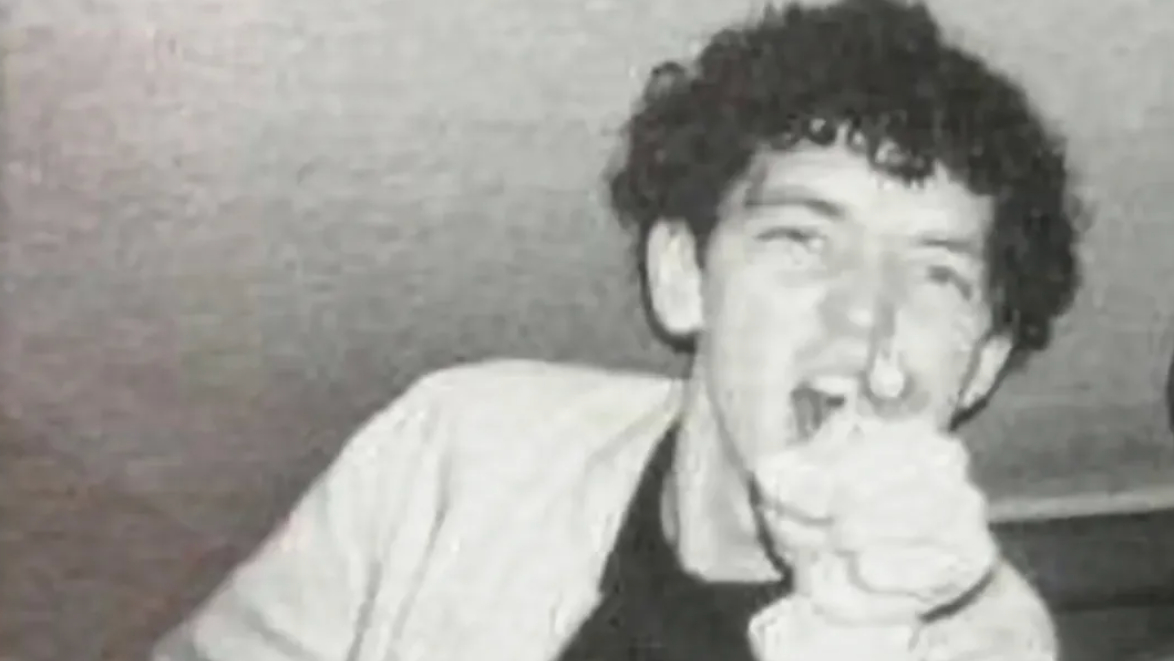
“Almost a lifetime ago, a few Burnage lads got together and created something special. Something that time can’t out date”: Original Oasis drummer Tony McCarroll pens a wistful message out to his old bandmates

“A high-quality solution for capturing your drums”: Sennheiser MD 421 Kompakt review
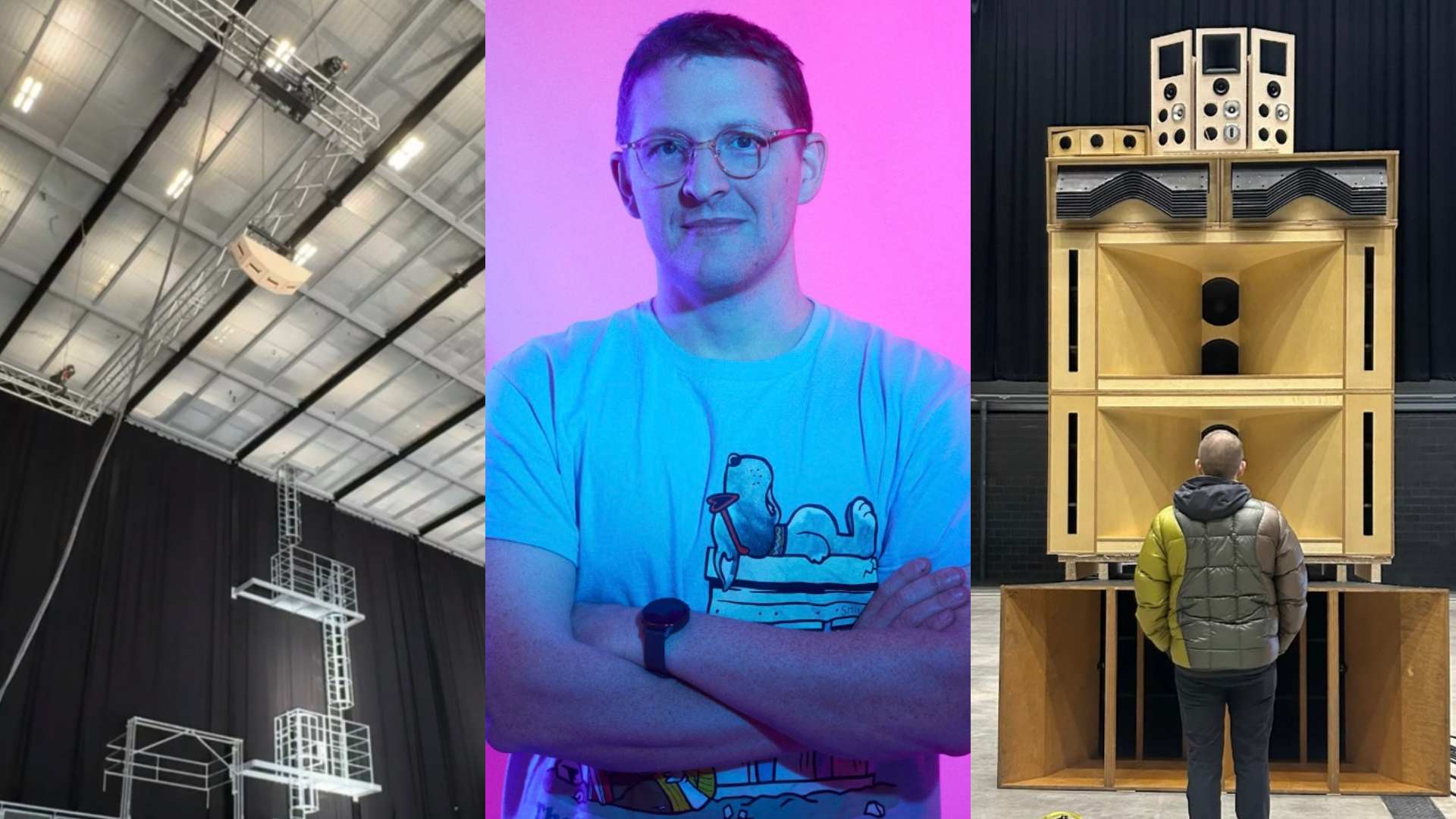
“I need to build a sound of my own that has the power that I want”: Floating Points hates festival sound systems so much that he’s invented his own
